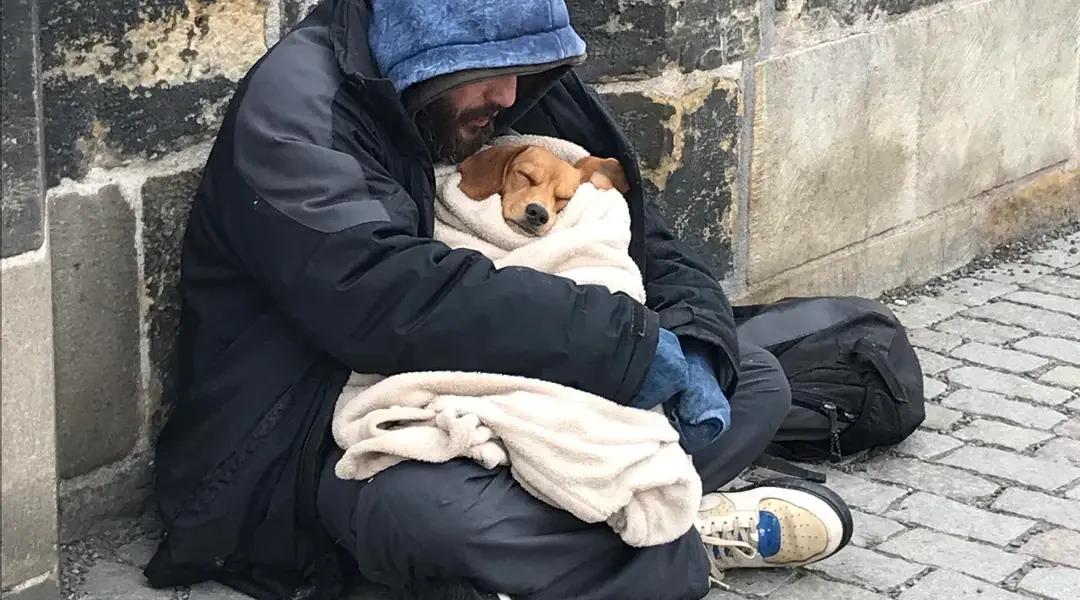
For a long time, there was a man who ‘camped’ in the covered garage beneath my office building. Every day, as I passed through on my way to lunch, I’d see him huddled in the corner, curled under a threadbare blanket next to a tiny, scruffy terrier mix who never left his side.
You could tell they had nothing—except each other.
Whenever I brought him food—a burger, a drink—he’d always do the same thing: tear the sandwich in half and give one half to his dog. Always. No hesitation. No matter how hungry he was.
I began bringing him a small bag of dry dog food each month. He treated that bag like treasure—always dry, always neatly stored, always enough. The little dog rode up front in the child’s seat of his grocery cart like royalty, tail wagging proudly. She was his family. His purpose. His joy.
Then came the bitter cold.

One especially icy winter morning, I passed through the garage and something felt off. His little dog—usually snuggled beside him—was gone. He looked empty. Lost.
I brought him some coffee, and when I gently asked, he told me:
The city had rounded up the homeless the night before, transporting them to shelters because of the dangerous drop in temperature. It was a safety protocol, he explained, but one that cost him dearly.
They took his dog.
No license. No tags. No vaccinations. They said it was policy. She’d been taken to the city shelter.
I was stunned—and heartbroken. That little dog wasn’t just a pet. She was his anchor.
So I took the morning off work.
We got in my car and drove to the animal shelter. He was quiet on the ride, hands trembling slightly, eyes flicking between hope and dread.
When we reached the kennels and she saw him—it was like watching sunlight break through a storm.
She yelped and squealed, her whole body vibrating with joy.
He dropped to his knees, fingers pressed through the chain link as she wiggled and pawed and whined, desperate to be close.
There were tears. From both of them. And from me.
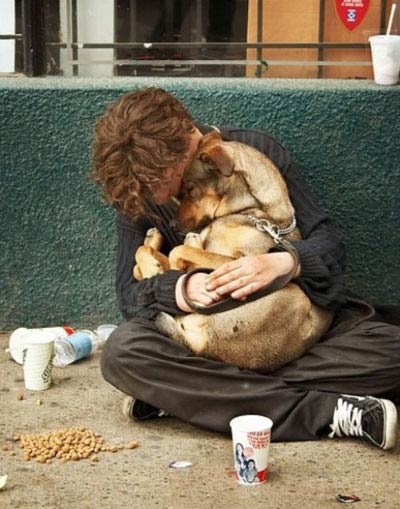
I paid for everything—her license, vaccinations, the retrieval fee. Every cent felt like a bargain for the reunion I witnessed.
On the ride back, he didn’t say a word. He just held her tight, arms wrapped so firmly around her I thought he might never let go. She nuzzled into him, safe again, where she belonged.
When we pulled back into the garage, he stepped out, turned to me, and said, “Thank you.” Then he looked at her. “Sasha, say thanks.” She gave me a slobbery little kiss on my cheek before they disappeared down the alley toward his hidden cart.
I understand the rules. I understand why shelters do what they do.
But watching someone lose the only soul in the world who loved them unconditionally… felt like something deeper than policy. It felt like a betrayal of something sacred.
He had no house. No job. No savings. But he had love. He had Sasha. And they had each other.
Sometimes, the smallest act—a sandwich, a car ride, a gesture—can mean the world to someone else.
Because in the end, it wasn’t just about reuniting a man and his dog.
It was about giving him back the only thing that made life feel worth living.
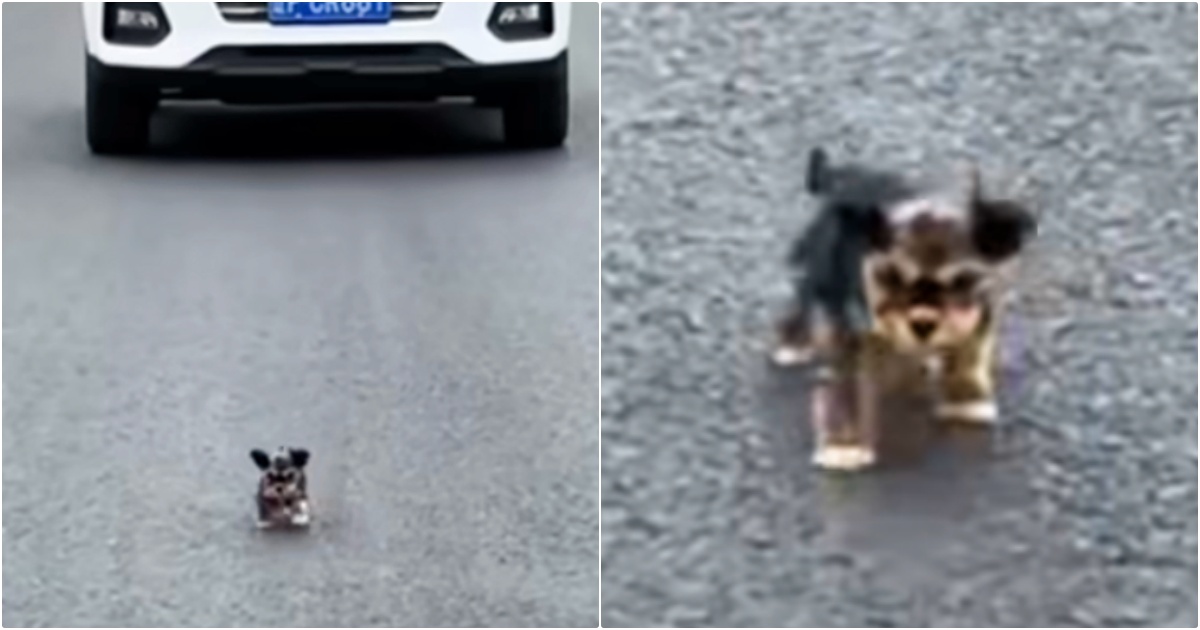
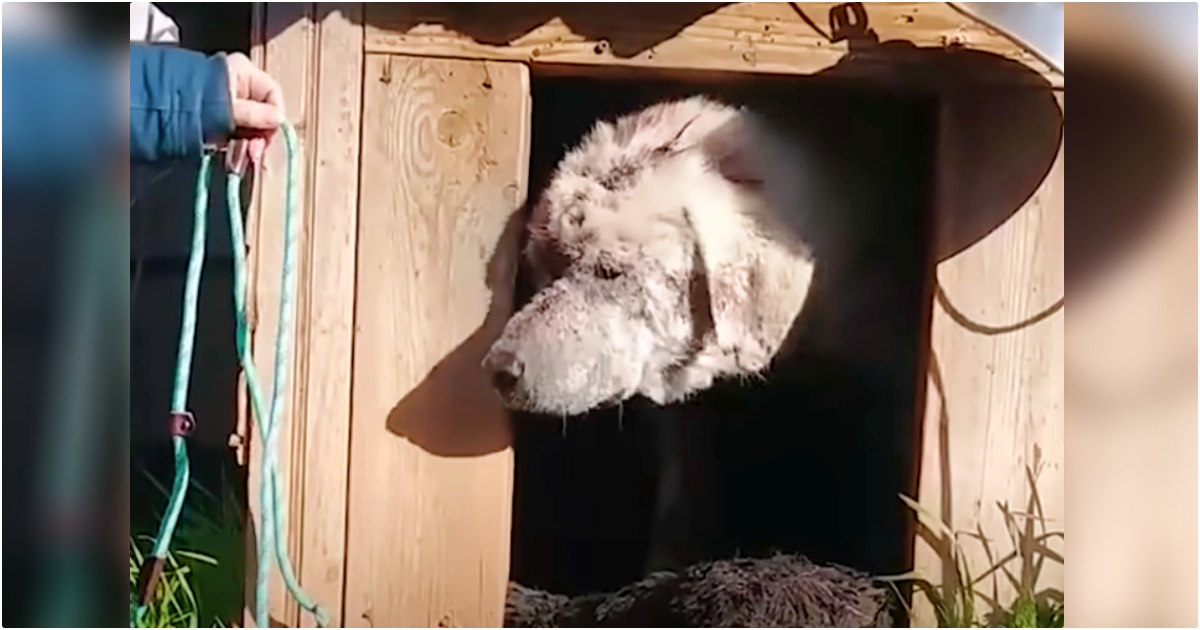



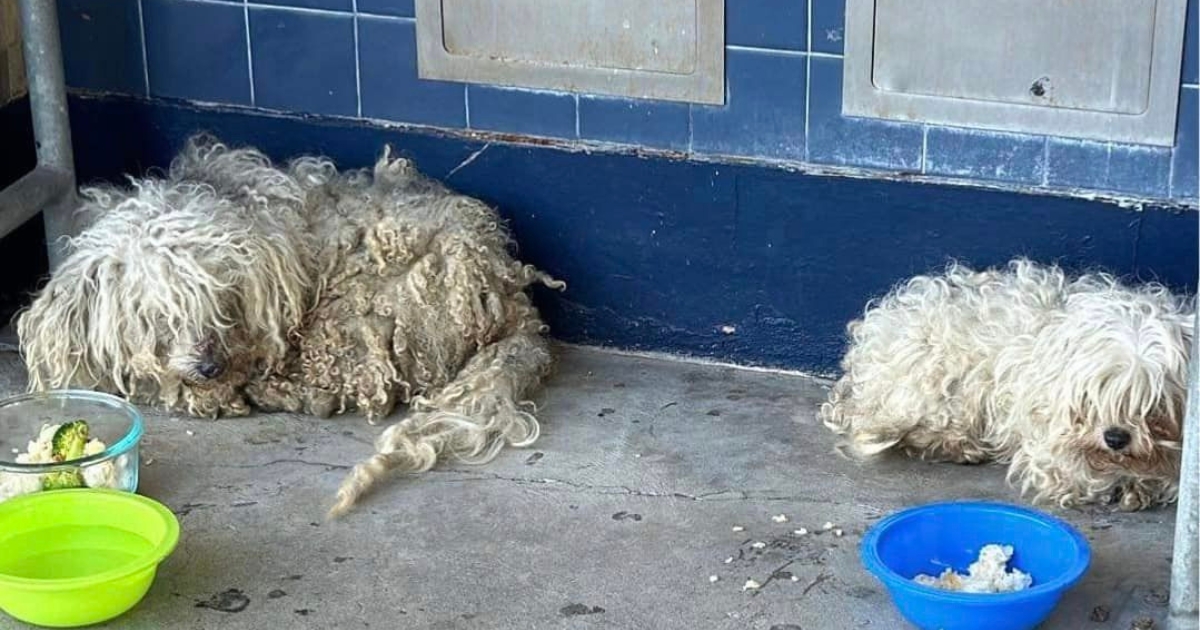

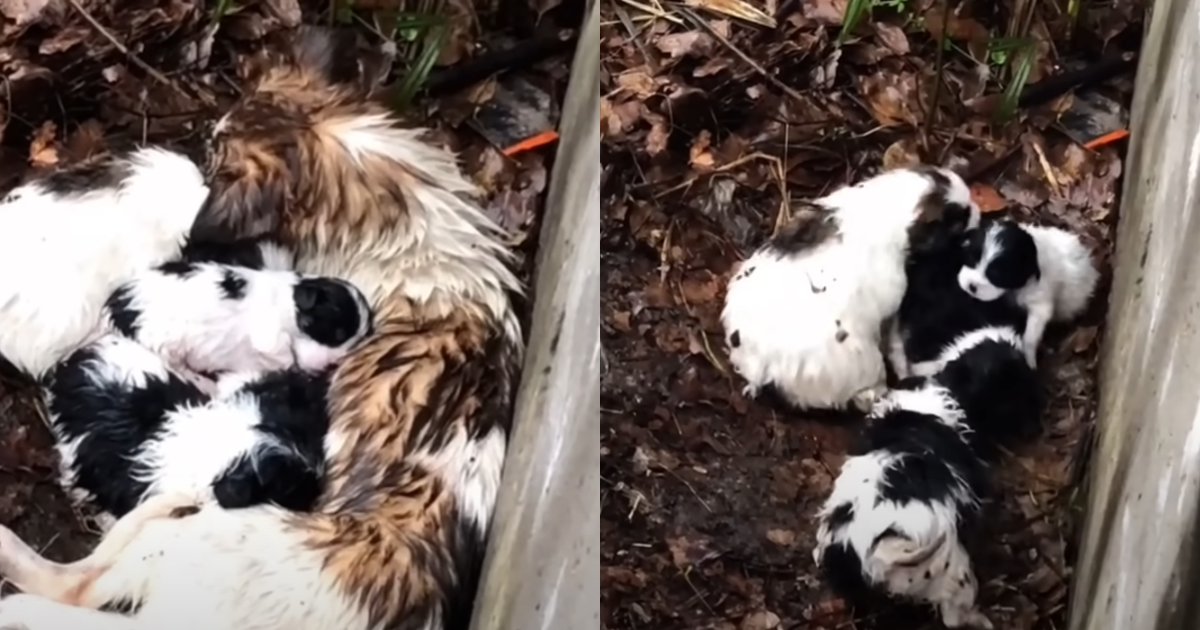

:max_bytes(150000):strip_icc():focal(1125x315:1127x317):format(webp)/101-Dogs-Found-Crammed-in-Cages-in-Unassuming-NC-Home-060925-c0c6cbd2939948e88bb0942bc8a707fa.jpg?w=1200&resize=1200,0&ssl=1)


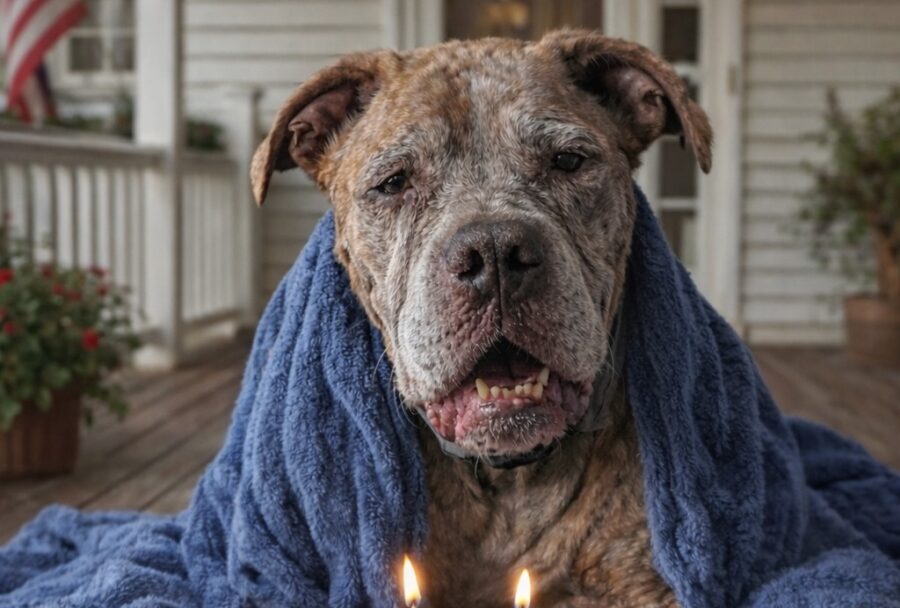








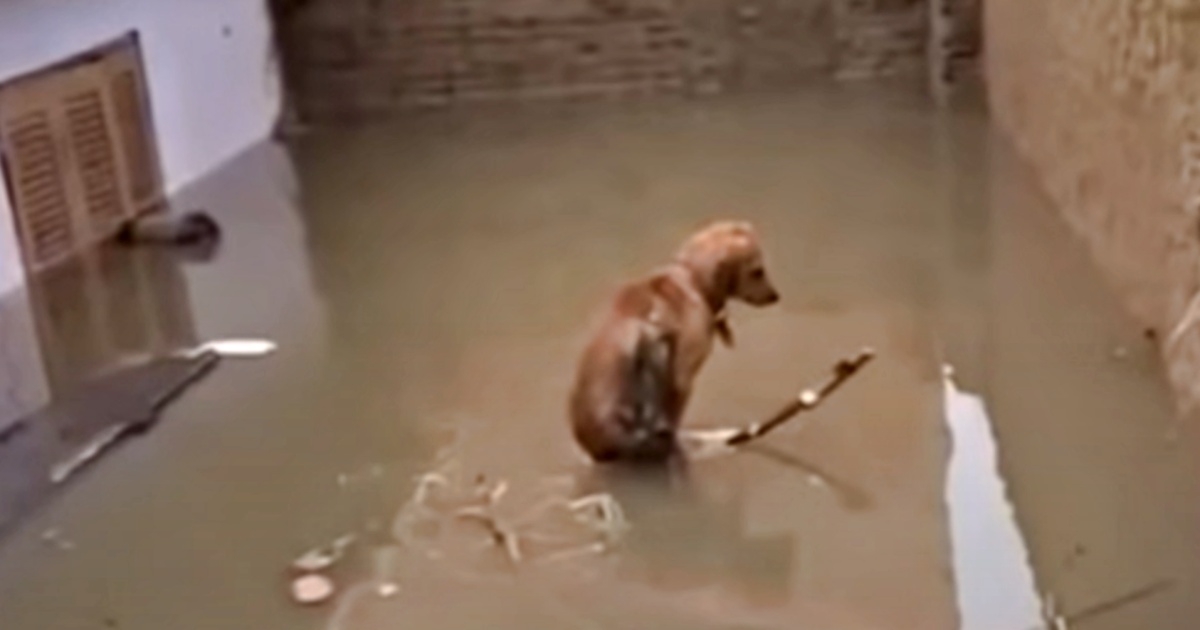




:max_bytes(150000):strip_icc():focal(754x379:756x381):format(webp)/chow-chow-bowling-green-subway-70ac9e829e20441a978d9f05a1085374.jpg?w=1200&resize=1200,0&ssl=1)
:max_bytes(150000):strip_icc():focal(725x300:727x302):format(webp)/Bridget-Garrison-dogs-tally-karma-01-021926-5f803803830d4771a5d48258b325f341.jpg?w=1200&resize=1200,0&ssl=1)


:max_bytes(150000):strip_icc():focal(749x0:751x2):format(webp)/Dog-missing-in-Colorados-mountains-for-43-days-reunited-with-owner-thanks-to-Summit-Lost-Pet-Rescue-022426-0ebb1d6502764f8eb20d846307727ad0.jpg?w=1200&resize=1200,0&ssl=1)
:max_bytes(150000):strip_icc():focal(743x471:745x473):format(webp)/Abandoned-Dog-at-Airport-022126-d755d65eb323443bade62469ed85c911.jpg?w=1200&resize=1200,0&ssl=1)
:max_bytes(150000):strip_icc():focal(749x0:751x2):format(webp)/rescued-dog-1-030226-b2d2c821a5d74691ba8edd4e8f76508d.jpg?w=1200&resize=1200,0&ssl=1)
:max_bytes(150000):strip_icc():focal(1211x776:1213x778):format(webp)/cats-rescued-22626-91b98a0bd7254a93a6bbf1a223dac5b0.jpg?w=1200&resize=1200,0&ssl=1)
:max_bytes(150000):strip_icc():focal(736x185:738x187):format(webp)/abandoned-puppies-01-021126-de716b3fef81415bb0669b390e8abddd.jpg?w=1200&resize=1200,0&ssl=1)
:max_bytes(150000):strip_icc():focal(749x0:751x2)/Irish-setter-gives-birth-to-record-17-puppies-030326-43c2927d84ed4a59880b16c2c8fdd530.jpg?w=1200&resize=1200,0&ssl=1)





:max_bytes(150000):strip_icc():focal(899x646:901x648)/Tatiana-Schlossberg-Jack-Schlossberg-030126-02-ffbc8841a935444d9a68bdeab3cfe504.jpg?w=1200&resize=1200,0&ssl=1)
